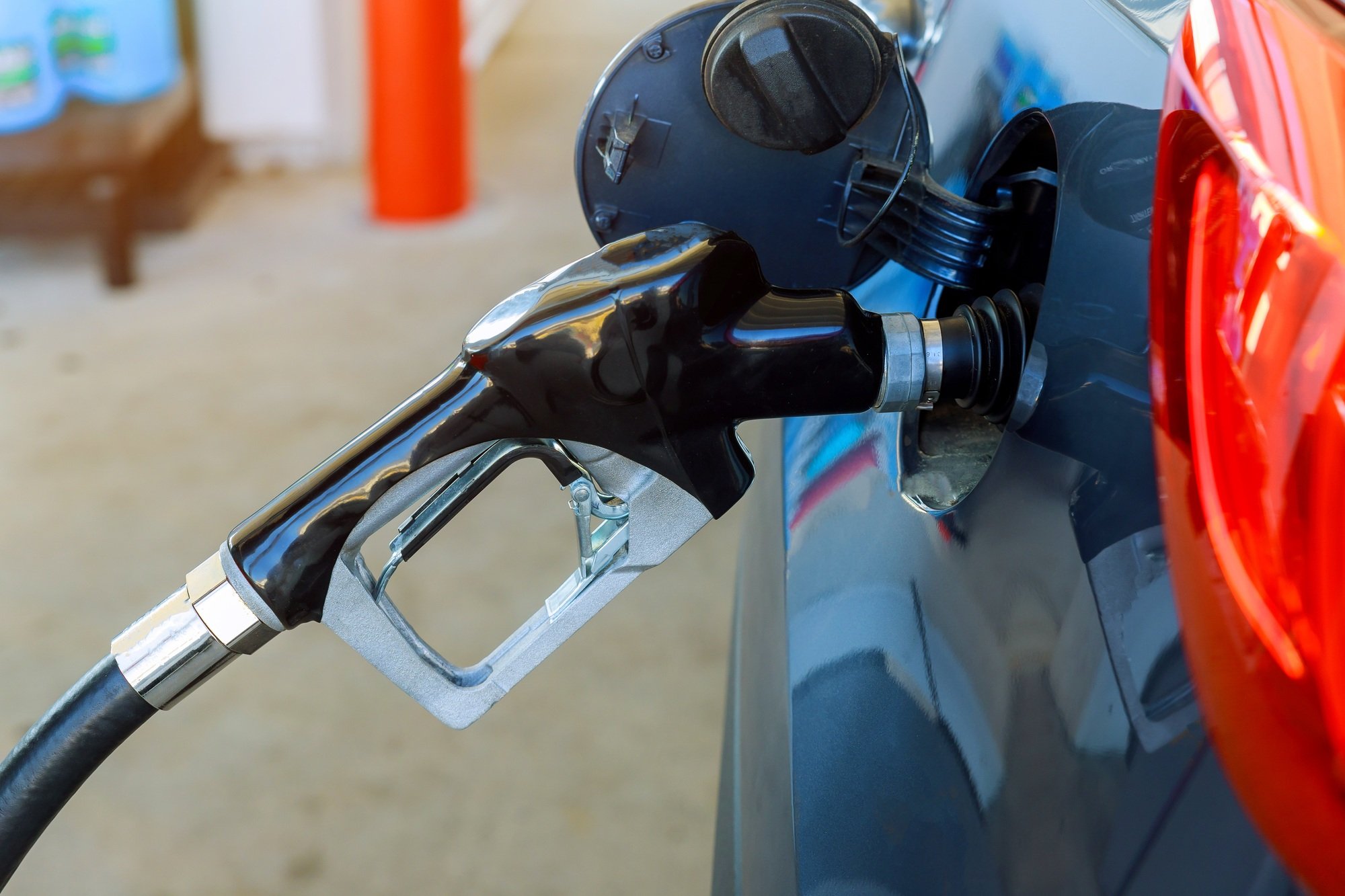Key Takeaways

- Lucrative Industry: Gas station franchises provide a steady stream of income due to the constant demand for fuel and convenience items.
- Customer Experience: Creating a customer-friendly environment with clean facilities and friendly staff is essential for retaining customers and fostering loyalty.
- Diverse Revenue Streams: Beyond fuel sales, additional services like convenience stores, car washes, and quick-service restaurants can significantly enhance profitability.
- Market Research: Understanding local market dynamics, competition, and customer demographics is crucial for successful franchise positioning.
- Regulatory Compliance: Franchise owners must navigate complex regulations regarding safety and environmental impact to avoid legal complications and ensure sustainability.
- Franchise Support: Leveraging the resources and training provided by established franchise networks can greatly contribute to a franchisee’s long-term success.
If you’re considering a gas station franchise, you’re diving into a lucrative and essential industry. With the constant demand for fuel and convenience, owning a gas station can offer a steady stream of income and a solid business foundation. But it’s not just about pumping gas; it’s about creating a customer-friendly experience that keeps people coming back.
Navigating the world of gas station franchises requires knowledge and strategy. From choosing the right location to understanding the operational intricacies, you’ll need to be well-prepared. This guide will explore the benefits, challenges, and key factors to consider when venturing into the gas station franchise business, helping you make informed decisions that drive success.
Overview Of Gas Station Franchise

Investing in a gas station franchise offers an attractive opportunity for small business owners. The constant demand for fuel and convenience store items supports a steady customer base. Franchise models provide established branding, operational support, and a recognized supply chain.
Operating a successful gas station franchise involves several key considerations. First, understanding the local market dynamics is crucial. Researching competitors and local demographics ensures strategic positioning. Second, you’ll need to create a customer-centric experience. Clean facilities and friendly staff enhance customer loyalty.
Additionally, effective inventory management and pricing strategies impact profitability. Consistently reviewing sales data helps you identify trends and adjust offerings accordingly. Building relationships with suppliers also plays a significant role in maintaining competitive pricing.
Franchise agreements typically include guidelines on operation and marketing. Familiarizing yourself with these agreements helps you navigate expectations and responsibilities. Joining a supportive franchise network provides additional resources and training, contributing to your long-term success.
Benefits Of Gas Station Franchises

Gas station franchises offer numerous advantages for small business owners. The consistent demand for fuel ensures a steady stream of customers, providing a solid foundation for your successful franchise operation.
High Demand For Fuel
Fuel stations consistently meet a basic need, ensuring high demand at your gas station franchise. Despite market fluctuations, people require fuel for their vehicles, making this a reliable business choice. The convenience of gas stations, often paired with additional offerings, keeps customers returning and boosts daily sales.
Additional Revenue Streams
Gas station franchises enable access to multiple revenue sources beyond fuel sales. You can increase profitability by offering services such as convenience stores, car washes, and quick-service restaurants. Implementing these additional services attracts more customers, enhancing the overall financial performance of your franchise.
These benefits position gas station franchises as a strategic option for small business owners, tapping into essential services and expanding revenue potential.
Challenges Faced In The Industry

Gas station franchise owners encounter significant challenges that can impact profitability and operational efficiency. Understanding these challenges is crucial for small business owners navigating this competitive landscape.
Competition Analysis
Competition in the gas station franchise industry intensifies from larger chains offering attractive pricing and loyalty programs. As a small business owner, you face pressure to differentiate your services. Rising e-commerce and delivery services divert in-store traffic, making it essential to enhance customer engagement through promotions and unique offerings. Monitoring competitor strategies and adjusting your approach accordingly can help maintain a competitive edge.
Regulatory Compliance
Regulatory compliance poses challenges for gas station franchises. You must adhere to various local, state, and federal regulations concerning fuel safety, environmental protection, and employee welfare. The complexity of these regulations can increase operational costs. Keeping abreast of compliance requirements, including licensing and reporting, ensures you minimize potential legal issues and financial penalties, ultimately supporting the sustainability of your franchise.
Key Players In The Gas Station Franchise Market

The gas station franchise market features several well-established brands that can serve as valuable opportunities for small business owners.
Major Brands
- Circle K: Started franchising in 1995, Circle K operates over 639 locations. The investment range falls between $279,000 and $5,367,000, making it accessible for various budget levels.
- AMPM: With 956 locations, AMPM has offered franchising opportunities since 1979. Investment ranges from $431,000 to $11,000,000, appealing to diverse franchisees.
- Chevron: Established in 2007, Chevron requires an initial investment of $1,500,000 to $2,500,000 and a franchise fee between $25,000 and $50,000.
- BP: BP began franchising in 1996, with an investment range between $2,500,000 and $6,500,000, presenting significant growth potential.
- Shell: Shell has been franchising since 1907, operating a global network of fuel stations, though specific investment details remain undisclosed.
- Phillips 66: Franchising since 2012, Phillips 66 operates across the U.S., but specific investment and fee details aren’t publicly available.
Emerging Franchises
Emerging franchises in the gas station sector offer additional options for small business owners. These new brands often provide innovative services and modern facilities to attract customers. Investigating these opportunities can yield various investment ranges and unique operational models tailored for niche markets. Joining an emerging franchise can present lower competition, allowing franchisees to establish a foothold in an evolving landscape.
Conclusion

Owning a gas station franchise can be a rewarding venture if you approach it with the right mindset. By focusing on customer satisfaction and staying informed about market trends you can create a thriving business. It’s essential to differentiate your services and adapt to the competitive landscape to ensure long-term success.
Navigating the challenges of regulatory compliance and market fluctuations will require diligence and strategic planning. However with the right support from your franchise network and a commitment to excellence you can build a profitable operation. Embrace the opportunities that come with this essential industry and watch your business flourish.
Frequently Asked Questions

What are the benefits of owning a gas station franchise?
Owning a gas station franchise offers a steady demand for fuel, ensuring consistent customer traffic. Additionally, franchisees can benefit from multiple revenue streams such as convenience stores, car washes, and restaurants, enhancing overall profitability. Franchise brands often provide operational support and marketing strategies to help owners succeed.
What challenges do gas station franchise owners face?
Gas station franchise owners face intense competition from larger chains, which may offer better pricing and customer loyalty programs. Additionally, they must contend with declining in-store traffic due to e-commerce and delivery services. Compliance with various regulations can also pose challenges, impacting operations and profitability.
How can I create a customer-friendly experience at my gas station?
To enhance the customer experience, focus on cleanliness, friendly staff, and efficient service. Offering quality products, competitive prices, and engaging promotions can attract customers. Creating a welcoming atmosphere with well-maintained facilities makes a significant difference in customer retention and satisfaction.
What factors should I consider before starting a gas station franchise?
Before starting a gas station franchise, research the local market dynamics and competition. Understand franchise agreements and operational guidelines. Assess the financial investment required and build relationships with suppliers. Consider the potential for additional services that can boost revenue and attract more customers.
Which brands dominate the gas station franchise market?
The gas station franchise market includes well-established brands like Circle K, AMPM, Chevron, BP, Shell, and Phillips 66. These brands offer varying investment requirements and operational support. Emerging franchises also present new opportunities with innovative services tailored to niche markets, allowing franchisees to stand out.
How can I manage inventory effectively in my gas station franchise?
Effective inventory management involves monitoring sales trends and adjusting stock levels accordingly. Implementing a reliable inventory tracking system can help identify hot-selling items and reduce waste. Establishing strong relationships with suppliers can also help negotiate better pricing and ensure timely deliveries, boosting overall profitability.
Image Via Envato



